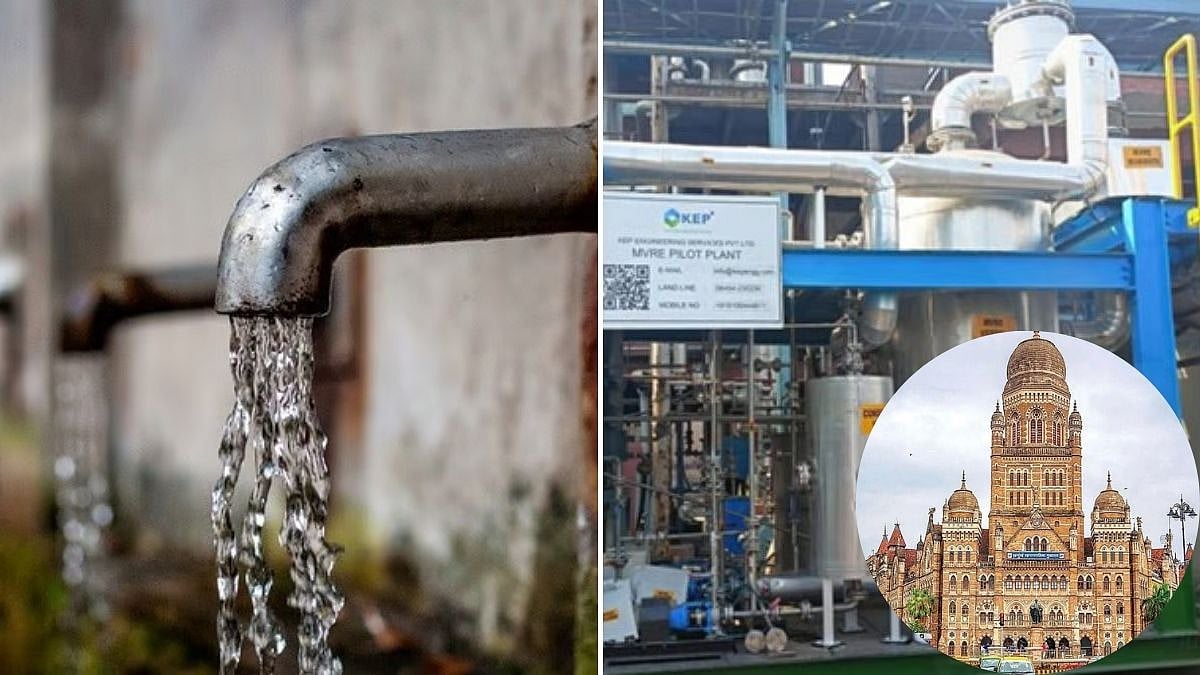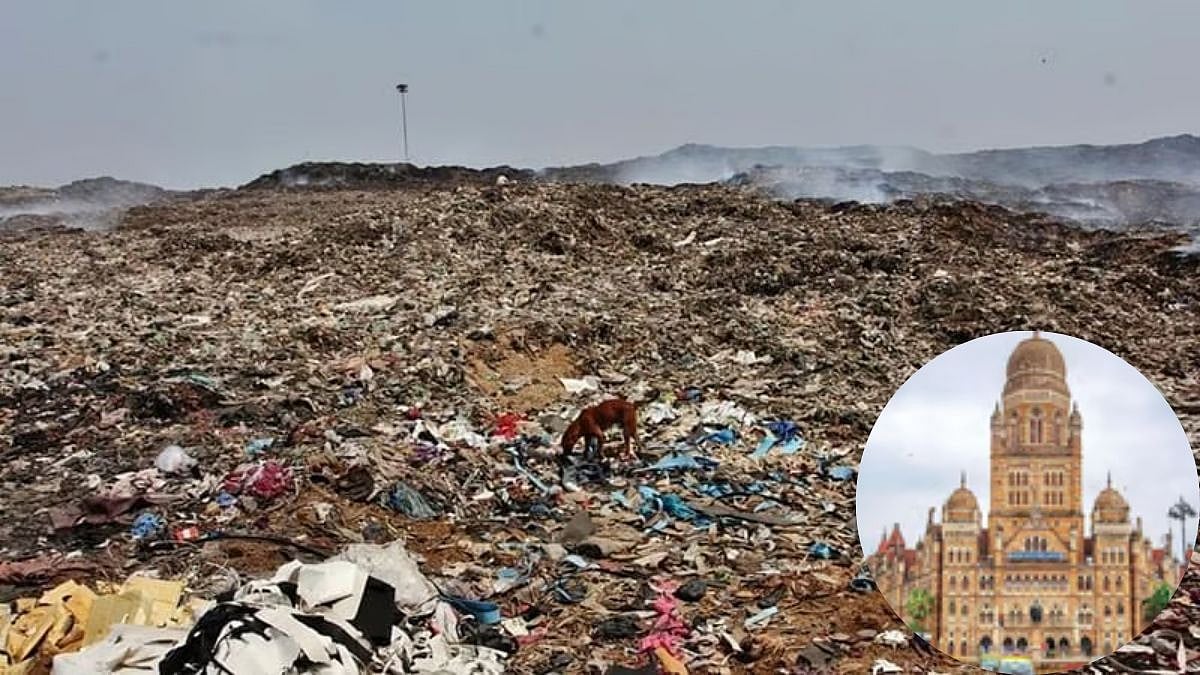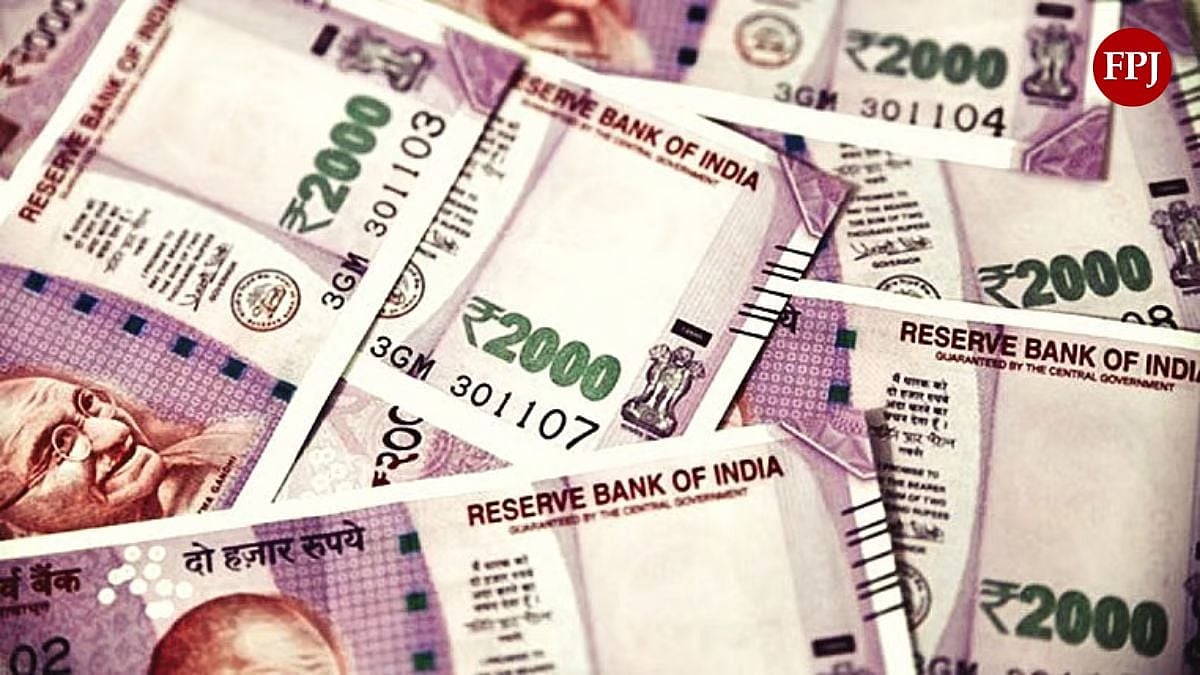As the world gradually emerges from lockdown, a comparison of how various countries handled the COVID-19 pandemic is illuminating. Delay in restricting human mobility, shortage of Personal Protective Equipment (PPE), insufficient testing and the vulnerability of migrant workers are complaints reverberating across the world.
Let's take the issue of migrant workers. India's marching millions dominated the news coverage, but migrant workers in South-East Asia weren't much better off. Thailand, with an estimated 4 million migrant workers, closed its borders in March. Many workers found themselves jobless when the pandemic hit.
Some 60,000 were able to scramble across the borders and rush home to Myanmar, Laos or Cambodia, before they were sealed. Others, less fortunate, were left stranded and living on handouts. News channels reported that, having run out of money, they were struggling to feed their families. Nor were they entitled to cash relief announced by the government for laid-off workers.
Malaysia has an estimated 5.5 million migrant workers, more than half of whom are undocumented. News portals reported that many had lost their jobs or had not been paid. By April, they had run out of money and food and some even became the object of xenophobic attacks.
The Malaysian authorities meanwhile conducted raids to round up hundreds of undocumented workers and place them in camps, for fear that they would spread the virus. Indeed, in Singapore and Qatar, the coronavirus outbreaks have centred around low-paid migrant workers who live in cramped conditions.
The scenario in China, with the largest rural migrant workforce, is fuzzy. But many of those who have returned to work face wage cuts and the prospect of a sharp uptick in unemployment looms large, according to newspaper reports.
Several countries, including India, have been criticised for not imposing lockdowns earlier. In UK, which has suffered the highest death toll in Europe, the government is said to have “wasted February”, by which time the UK had recorded its first death and identified a super-spreader. Prime Minister Boris Johnson received flak for having failed to attend any of the five coronavirus meetings held in January and February and delaying acquisition of vital health equipment.
His refusal to join an EU procurement scheme for essential equipment “put Brexit ideology over people’s lives”, a British paper remarked. Epidemiologists also criticised the UK government for adopting a “herd immunity” policy initially.
France, which recorded its first two cases in February, made no effort to impose strict social distancing measures or promote large-scale testing until mid-March. President Emmanuel Macron, during a visit to Italy that month, strolled through the city with his Italian counterpart, chatting and shaking hands with the press and public.
The French government was galvanised into action only after Italy recorded 15,000 cases and some 2,500 infections were traced to a super-spreader religious event in eastern France (much like the Tablighi Jamaat in New Delhi). Even so, the government decided to go ahead with the first round of the country's mayoral elections on March 15, which were held across 35,000 towns and villages. The second round was postponed.
Even in Germany, which has won praise the world over for its quick containment and low mortality rates, it was pointed out that the government had reacted more slowly than its neighbours. “Social distancing regulations were put in place more than a week after fellow EU members France, Austria, and Spain had imposed similar policies”, observed a German broadcaster. It also pointed to chronic understaffing in hospitals, despite a robust public healthcare system.
The US government, with arguably more resources than any other country, has been censured for equipment shortages (masks, gloves, gowns and ventilators), social distancing failure and delayed testing. Health professionals alleged that the Trump administration had disregarded pandemic response plans dating back more than a decade, failed to maintain public health infrastructure and responded with a complete lack of clarity.
In Brazil, which has the highest number of cases after the US, the head of government has been accused of failing to take the pandemic seriously by regularly violating social distancing norms. President Jair Bolsonaro dismissed COVID-19 as a “little flu” even as images of mass graves of COVID-19 victims flashed around the world.
The fact is that every government was caught unawares. By comparison with other countries, however, India appears to be handling the pandemic reasonably well. Certainly, several countries like Switzerland, Australia and New Zealand have done a lot better, but with 1.3 billion people and urban over-crowding, India's challenges are greater by several orders of magnitude.
To compare: the German Health Ministry said it was testing 300,000 people per week in a country of 82 million people, a rate at it would take 3 years to test the entire population. India is now conducting 100,000 tests a day – 700,000 per week - and proposes to double that figure. Even so, it cannot hope to test everyone, not in a hundred years. At the moment, India's mortality and infection rates are both quite low, a testimony to its world-class health professionals.
The writer is a senior journalist with 35 years of experience in working with major newspapers and magazines. She is now an independent writer and author.




